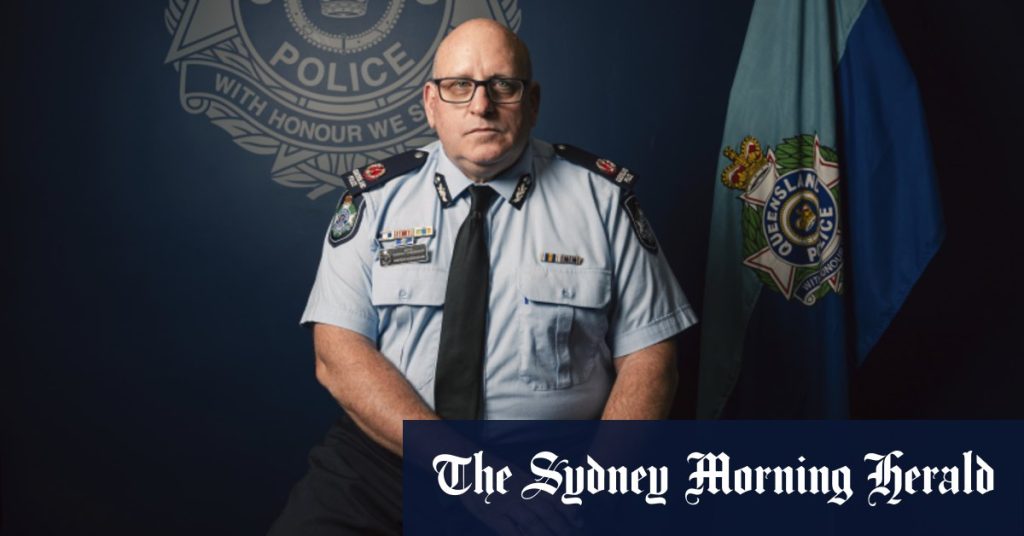Children in Queensland are increasingly engaging in violent activities, such as breaking into homes, stealing cars, and showcasing their actions on social media. The police have noted an escalation in violence among teenagers, with several recent incidents involving youth as perpetrators or victims of crime. Andrew Massingham, a seasoned detective with decades of experience, has been tasked with addressing the issue of youth crime in Queensland. His plan focuses on early intervention and preventing children from entering a cycle of delinquency.
Authorities are faced with the challenge of balancing community safety with the need for interventions that address the root causes of juvenile offending. While some community members advocate for harsher punishments for child offenders, experts argue that detention only reinforces the cycle of criminal behavior. Massingham emphasizes the importance of early intervention, suggesting that support for at-risk families should start before children are even born. He believes that waiting until teenagers are 15 years old may be too late to effectively address the underlying issues.
In an effort to prevent juvenile offenders from returning to the streets, Queensland police are writing stronger affidavits to object to bail for children accused of serious crimes. If a magistrate decides to release a child, prosecutors are encouraged to appeal the decision in a higher court. Massingham acknowledges community concerns about safety and highlights the importance of addressing the underlying issues that lead children to commit crimes. Police have made appeals to keep children detained and have charged individuals with new online boasting offences to strengthen bail objection affidavits.
Criminologist Lauren Humby emphasizes the significance of early intervention in reshaping the lives of children and preventing future offending. She calls for a shift in funding towards health, education, and social services to address the root causes of juvenile delinquency. The state government is awaiting recommendations from the parliament’s youth justice select committee, while the opposition leader advocates for tougher laws for juveniles. The number of children in watch houses or stations has increased, with some as young as 10 being held inappropriately in these facilities.
Massingham’s team has identified the Gold Coast and Mackay as areas of particular concern for youth crime. Taskforce Guardian, an operation with police officers and youth justice workers, focuses on addressing high levels of youth crime in these areas. Massingham highlights the visibility of youth crime due to CCTV coverage, noting that the perception of frequent incidents might be skewed by media coverage. Efforts to tackle youth crime include electronic monitoring trials, with several children fitted with ankle bracelets to track their movements and prevent further offending. However, experts caution that ankle monitors may stigmatize and isolate young individuals, reinforcing negative labels.


